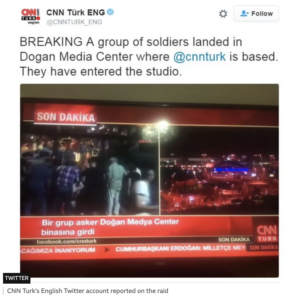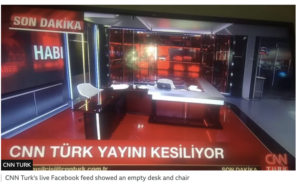How much do media matter?
I believe it matters a lot. I had this opinion before this class and after seeing the impact the lack of media can have it has broadened my perspective. Similar to what was said in the last post, I grew up in a country where media and expression were regularly seen, encouraged, and broadcasted. What was seen were all forms of opinions, criticisms, and questions on the government, the political system, the state, and the country as a whole. Taking this class has made me see how lucky I am to have this perspective.
The role of the media is to act as a check and balance system for the government. Journalism and broadcasting are ways of checking in on and critiquing the country and its politics and positions. The lack of these checks and balances allows the government to run wild without being held accountable by the people it’s supposed to serve. With the growth of social media, this form of accountability has become extremely easy. Social media has made a country’s business the world’s business and I believe this is extremely significant in creating a well-functioning international system of accountability. Governments in other countries and large human rights organizations can look at a country, for instance, Iran, and attempt to address and intervene in their executions of protestors.
While journalism, both nationally and internationally, can have positive effects I do believe there can be some negative aspects to it as well. The rise in social media has made everyone a potential activist and journalist. This makes it difficult to distinguish between the real story behind current events and stories lacking information or providing the wrong information. This easy spread of misinformation can lead to governments implementing laws and changing constitutions to “address” this issue. This ultimately leads to heavy regulation of media and information.


